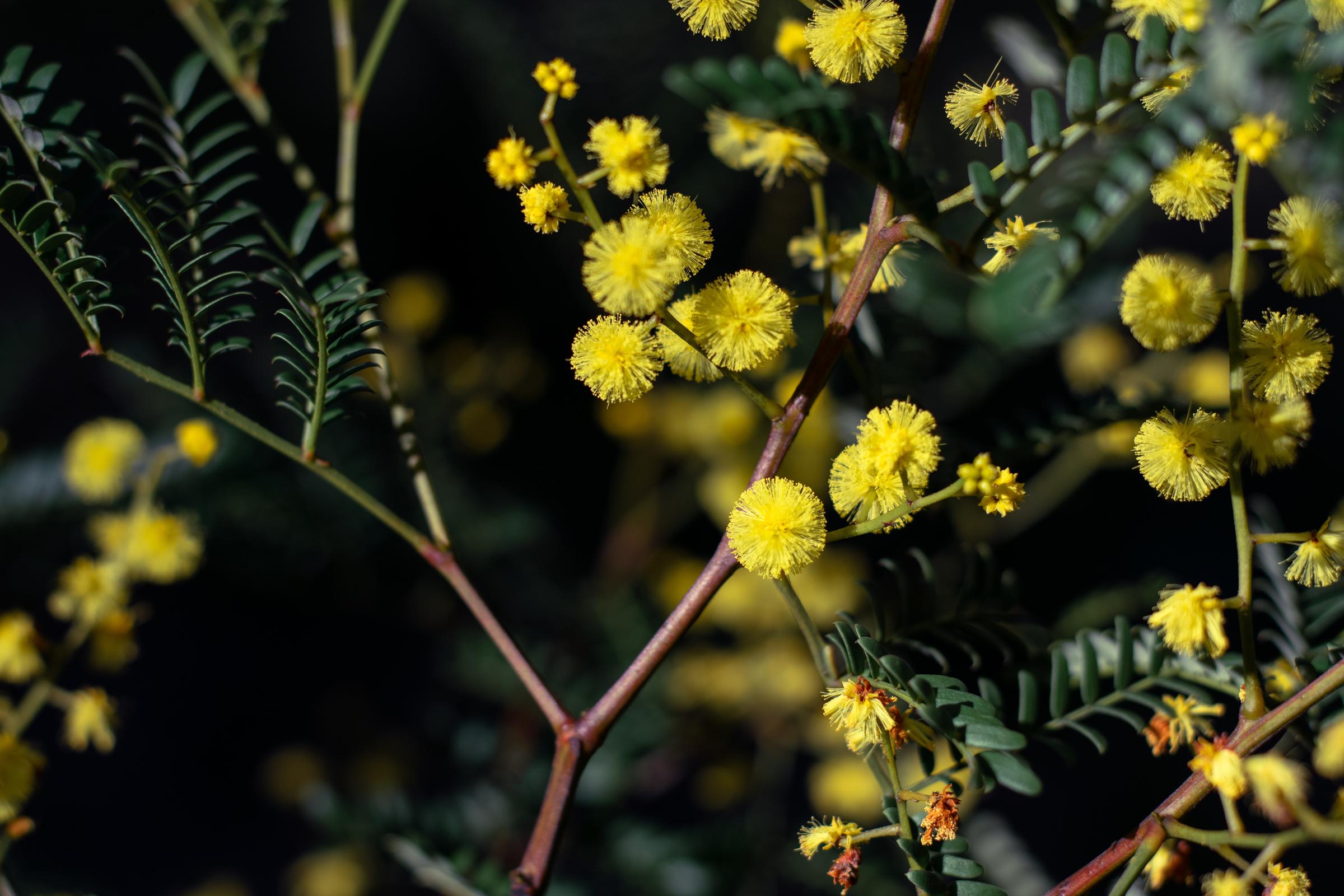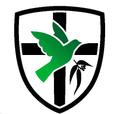GENERAL INFORMATION (2 of 2)

COVID-19 GUIDELINES
Currently guidelines for COVID-19 cases are as follows:
- You are most infectious 2 days before your symptoms start, and while you have symptoms. It is recommended that you should isolate for at least 5 days and until you don’t have symptoms anymore.
- This means you should not go to work, school or grocery shopping. Especially if you work with people at a higher risk of becoming very sick with COVID-19.
While isolating, you should:
- Call your workplace or school and let them know you have COVID-19.
- If you’re unsure about ending your isolation, you should contact a GP or a GP Respiratory Clinic.
- Wear a face mask when you leave home for at least 7 days after testing positive as you may still be infectious.
Guidelines for close contacts:
- COVID-19 can take time to develop, so you should monitor for symptoms for at least 7 days after your last contact with the person who has COVID-19.
- A close contact should regularly test for at least 7 days following their last contact with the person who has COVID-19.
Further information can be found here
COMMONWEALTH SCHOOL DATA COLLECTION NOTICE
As an Independent School receiving Government funding, we are legally required to provide information in accordance with the Australian Education Act 2013 (the Act) and the Australian Education Regulation 2013 (the Regulation). This is collected for:
- Student Residential Address and Other Information Collection
- Financial Accountability (FA)
- Financial Questionnaire (FQ)
- Student Attendance (STATS)
- Non-Government Schools Census (Census)
- Census Special Circumstances
CYBERSAFETY
Pressures from social media - eSafety Commissioner
Social media can be a great way to stay in touch with friends, but sometimes it can also cause us to compare our lives to others, or feel like we need to be constantly connected.
You might even do it too. Whether it is putting a few filters on your selfie, planning a ‘candid’ photo or posting about a night out that wasn’t actually as fun as you say it was, we all create online personas that show the best parts of our offline lives and erase the times when we feel a little bit down, depressed or just plain flat. The pressures from social media are very real and they have consequences for all of us. They can affect your mental health and how you feel about yourself. Here are some tips on how to deal with the pressures from social media.
To read more about What to do, click here
WELLBEING RESOURCES
We know that it can sometimes be hard to find the necessary resources in relation to mental health, bullying and family violence, especially when things are tough. For this reason, the School has a small webpage with links related to health and wellbeing resources. This can be found on the School's website under Other Resources or can be found here.
ISV: THE PARENTS WEBSITE
Belgrave Heights Christian School is part of the Independent Schools Victoria network of schools. Independent Schools Victoria offers an initiative called The Parents Website. Here you will find a range of articles and newsletters. To learn more, please click here.
CHILD SAFETY
Teach your child how to keep themselves safe - CCYP
As your child gets older, they become increasingly independent and may spendtime away from you or with a babysitter/ carer. As part of the journey of growing up, it’s important to speak to your child about being safe.
To see tips on how your child can keep themselves safe, please refer to the attached child tip sheet.
ALLERGY AND ANAPHYLAXIS SAFETY AWARENESS
Our school is an Allergy Aware Zone!
Here are some tips on how you can help:
1: Always wash your hands before and after meals to prevent cross-contamination
2: Don’t share snacks & food with other kids that might cause an allergy or anaphylaxis
3: Learn the signs of an allergic reaction: itchy skin, swelling, sore tummy, trouble breathing, vomiting or wheezing
4: ALWAYS ASK a trusted adult if food is safe
5: Alert an adult immediately if you or your friend is having an allergic reaction
FOODS THAT MAY CAUSE AN ALLERGIC REACTION
*Nuts *Tree Nuts *Wheat/Gluten *Shellfish *Fish * Soy *Eggs *Milk/Dairy

